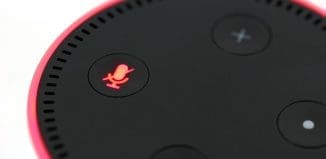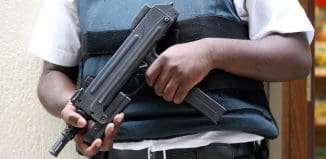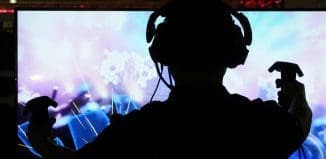CT Scans – Not Only for The Healthcare Sector
This post is also available in:  עברית (Hebrew)
עברית (Hebrew)
A new luggage-scanning technology that increases security and speeds the screening lines in airports may be on the way. The US Transportation Security Administration (TSA) is testing one of its new computerized tomography (CT) scanning machines for carry-on bags in Phoenix, and will soon launch a test in Boston.
The new screening technology that may allow large electronic devices to remain in airline cabins has begun testing in the USA as part of a cutting-edge partnership between American Airlines and the TSA.
This technology and the principle of CT is similar to that used for checked luggage and also in the detection of cancers in hospitals, although this carry-on version is the first newly developed scaled-down version, as compared to the much bigger and expensive health-industry versions.
The goal is to enhance threat detection capabilities with 3-D imaging that can be manipulated for more thorough examination.
The test comes as US officials scramble to deal with potential new threats, including reports that terrorists are developing bombs that can be disguised as laptop batteries.
“What they’re finding now is that’s not the case because the bad guys continue to evolve and adapt. We already use this type of technology for checked baggage, and we expect these smaller checkpoint-sized machines will provide the same high level of security”, TSA acting administrator Huban Gowadia told newburghgazette.com. If the testing is successful, American Airlines may expand the use of this new technology to other checkpoint locations. Right now, the system is only being tested on people enrolled in the TSA PreCheck service at two airports, Denver and Atlanta.






























